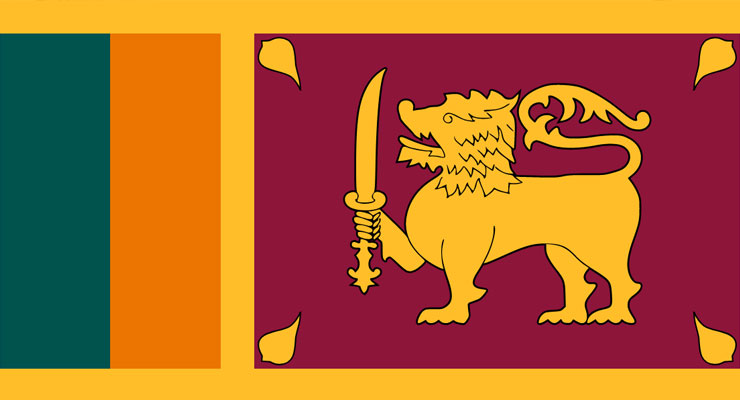
After a series of serial bombings shook Sri Lanka on Easter Sunday, killing 321 people, Islamic State has claimed responsibility for the attack. A statement put out by the terrorist group’s news agency Amaq said, “The attackers who targeted citizens of the (“anti-ISIS”) coalition state members and Christians in Sri Lanka the day before yesterday were fighters of the Islamic State”.
Of late, the incidents of religion centric violence have been on the rise due to xenophobia and religious jingoism.
Think tanks suggest that the location and the timing of the attacks were strategically planned by the perpetrators to catch global headlines and the coordinated explosions fit the bill of the religious hate propaganda of the”ISIS and Al Qaeda playbook”. Experts expressed concern that the attacks could inspire copycat actions or further retaliation from the afflicted, worsening the communal situation. Sri Lanka had barely come out of a civil war between the Tamils and the Sinhalese, and now it finds itself in the brink of another disaster: religious polarisation.
Since the political coup in 2018, which saw President Maithripala Sirisena sacking Prime Minister Ranil Wickremesinghe and his cabinet, the tensions between the government and the minorities have tensed. Though he was ineffective in administration and mired in scandals, his administration managed to walk the thin rope of rebuilding trust among the minorities.
However, taking his seat after the coup was the Prime Minister Mahinda Rajapaksa, a populist Sinhalese Buddhist leader who was perceived as a foe among the minorities, especially Tamils. In his brief incumbency and former Prime Minister seats, he shattered the confidence of minorities due to his inaction to Sinhala Buddhist extremist attacks minorities and was as seen supporting the extremist Bodu Bala Sena who were directly involved in 2014 anti-Muslim riots. Though he stayed as the PM for hardly 4 months, his political clout in Colombo was flexed in this incident and minorities didn’t take to his appointment quite kindly.
A keener eye of the religious breakdown of Sri Lanka would give us a better insight on the ”social overlapping differences” present which gives rise to the ressentiment.
According to a 2012 census, Buddhists make up 70.1% of the population, Hindus 12.6%, Muslims 9.7% and Christians 7.6%. Majority of the Sinhalese are Buddhist; most Tamils are Hindu; and the Moors and Malays are mostly Muslim.
The Sri Lankan civil war between the Tamils and Sinhalese didn’t ensue only on the lines of lingual discrimination but also due to the religious marginalisation of the Hindus. Culturally and socially alienated, the Muslims have been regressed into backwardness and poverty and the Sinhal have traditionally been the recipients of government welfare.
Though a fragile balance has been struck under Wickeremesinge, the bombings could possibly be the trigger to plunge the nation back into the chaos of communalisation. With the strongman Rajapaksa gaining political momentum at Colombo, it is feared that he might capitalize on the polarisable mood to consolidate his power and bring up a jingoistic public.
Leave a Reply